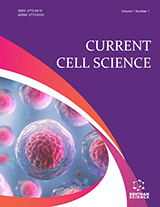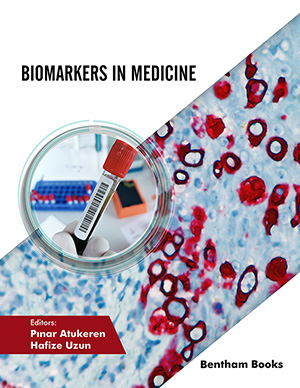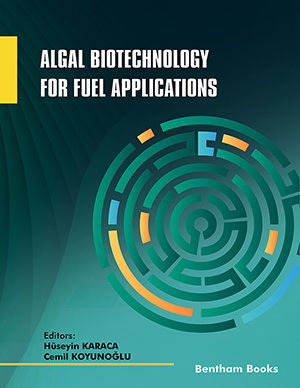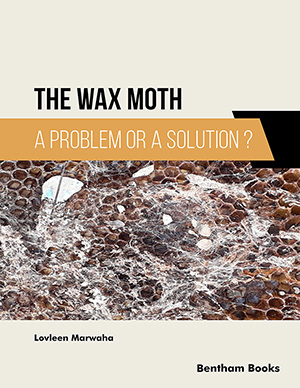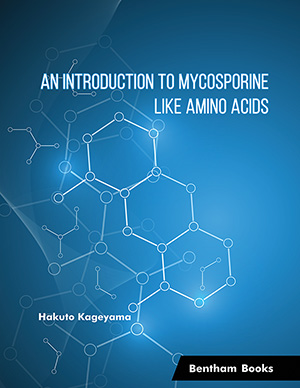Abstract
Designing and developing a novel therapeutic drug candidate remains a
daunting task and requires a long time with an investment of approximately ~USD 2-3
billion. Owing to the subpar pharmacokinetic or toxicity profiles of the therapeutic
candidates, only one molecule enters the market over a period of 12 to 24 years. So, the
reduction of cost, time, high attrition rate in the clinical phase, or drug failure has
become a challenging and dire question in front of the pharmaceutical industry. In the
last few decades, steep advancements in artificial intelligence, especially computeraided drug design have emerged with robust and swift drug-designing tools. Existing
reports have clearly indicated an imperative and successful adoption of virtual
screening in drug design and optimization. In parallel, advanced bioinformatics
integrated into genomics and proteomics discovering molecular signatures of disease
based on target identification or signaling cascades has directly or indirectly
smoothened the roadmap of the clinical trial. Integrated genomics, proteomics, and
bioinformatics have produced potent new strategies for addressing several biochemical
challenges and generating new approaches that define new biological products.
Therefore, it is fruitful to utilize the computational-based high throughput screening
methods to overcome the hurdles in drug discovery and characterize ventures. Besides
that, bioinformatic analysis speed up drug target selection, drug candidate screening,
and refinement, but it can also assist in characterizing side effects and predicting drug
resistance. In this chapter, the authors have discussed a snapshot of State-of-the-Art
technologies in drug designing and development.
Keywords: Artificial intelligence, Computer aided drug designing, Genomics, Pharmacokinetics, Proteomics.




